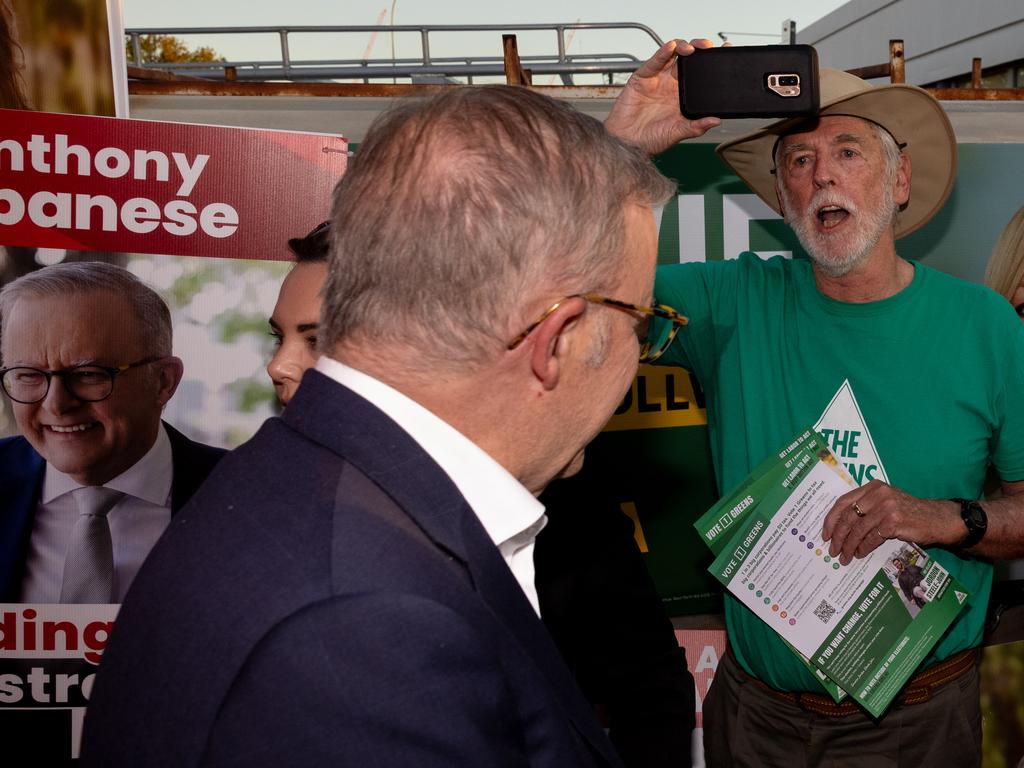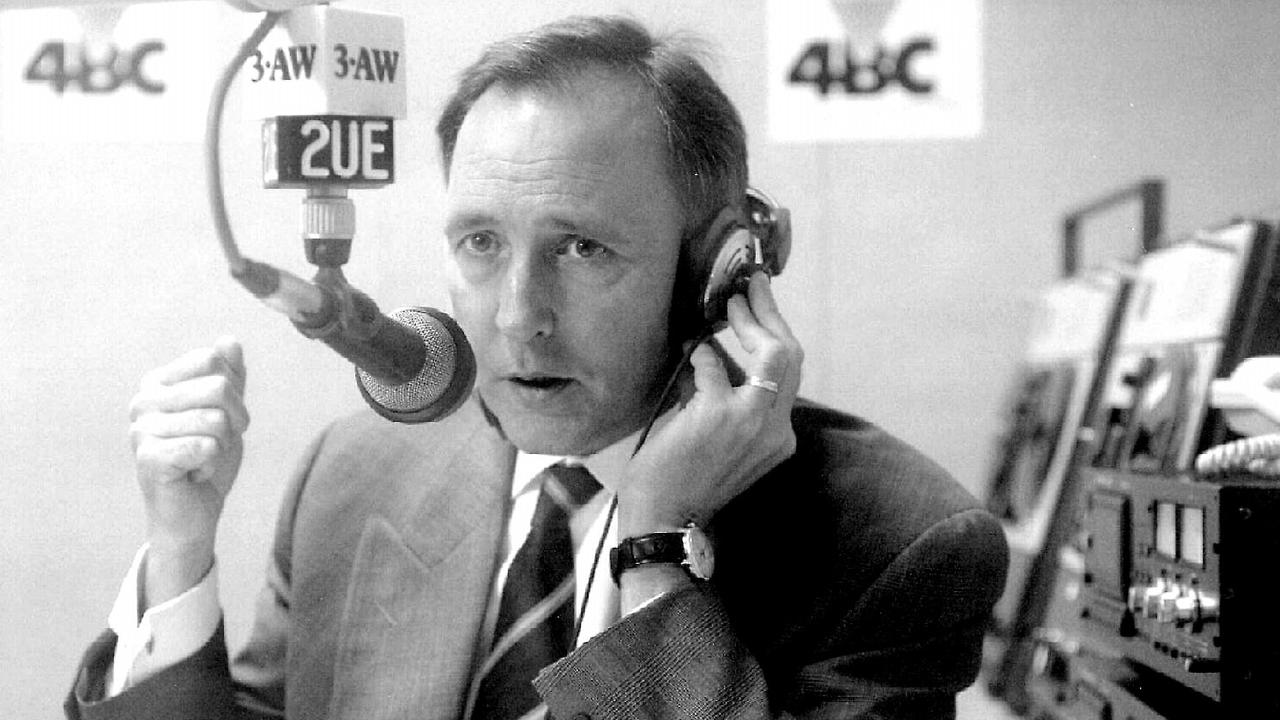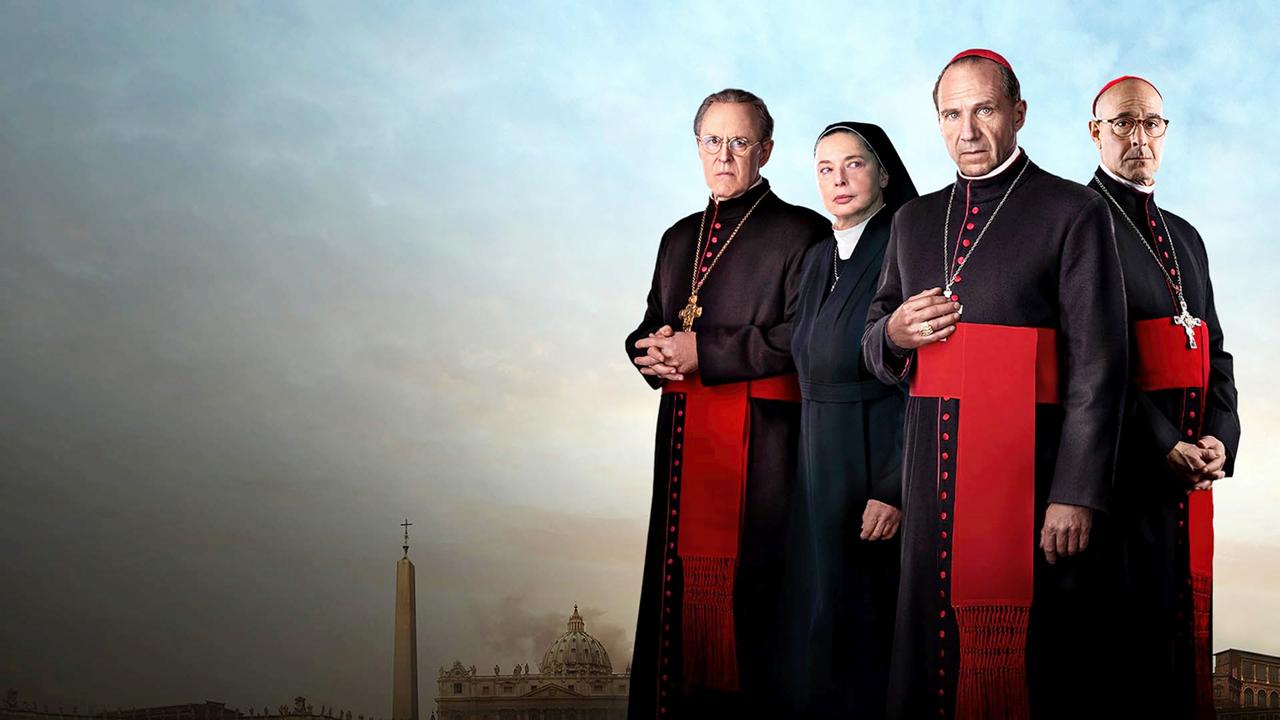Expect a close result in this contest of competing visions

In the 47 federal elections since the first parliament was elected in 1901, all major parties with a chance of forming government argued for policies they believed would improve living standards. Some parties might have been misguided, but their motivation was to try to improve living conditions across the community.
Will the 48th parliament, which we are electing on Saturday, produce a government whose goal also is economic growth, greater prosperity and a more affluent society?
This has been an unusual campaign. There is a lack of detail from the major parties compared with previous campaigns and many issues have not even been discussed. Yet, despite the relatively low-key nature of policy discussions in the campaign, two very different visions of Australia, our economy and our international approach have nevertheless emerged.
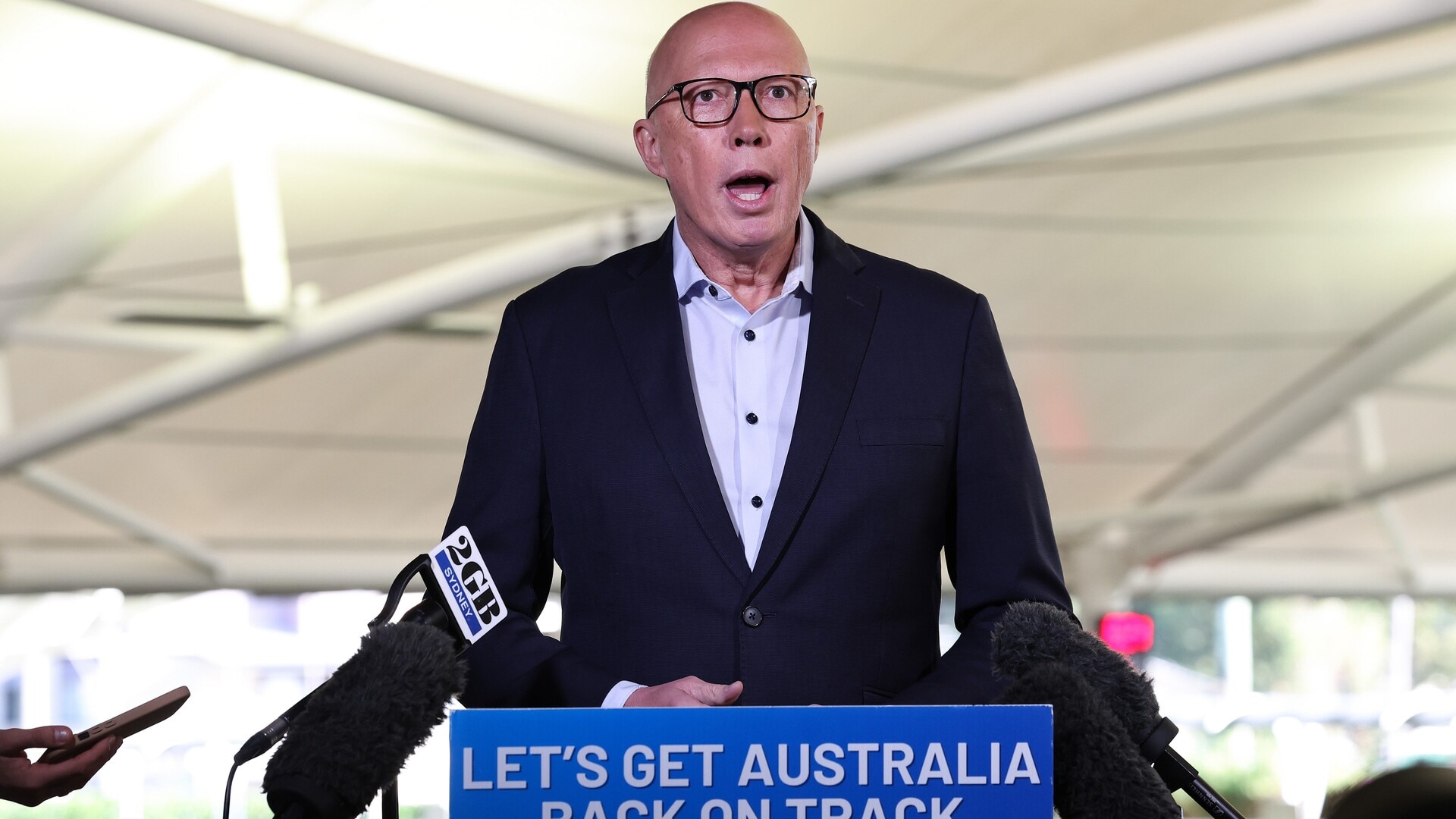
Peter Dutton and his team have been more direct in addressing Australia’s challenges.
The Coalition sees a future based on a vibrant private sector designed to build the economy and to deliver growth that is widely shared across a prosperous, growing middle class.
Labor fundamentally seeks a more state-dependent society with an ever greater role for government, but one that ultimately is restricted because of the constraints it imposes on investment and the productive parts of the economy. People’s living standards inevitably will be less than they should be as a result. And if a minority Labor government is formed, supported by the Greens, those differences become even greater.
Dutton and the Coalition are realistic about the difficulties families and small businesses face and are offering practical measures relevant to those challenges. These include measures to help ease cost pressures on households through the immediate halving of petrol tax, up to $1200 personal tax relief and an extension of the instant asset write-off to $30,000 a year, targeted to assist the nearly forgotten small business sector.
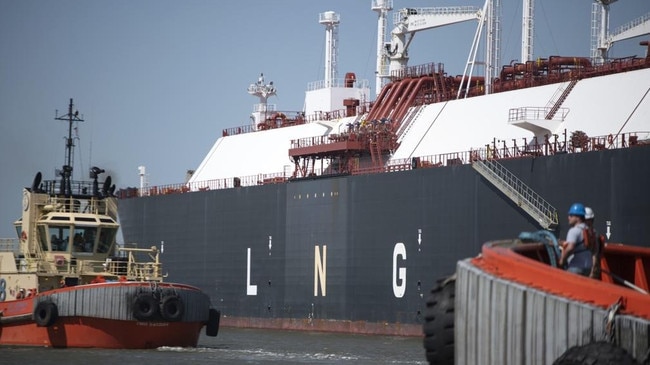
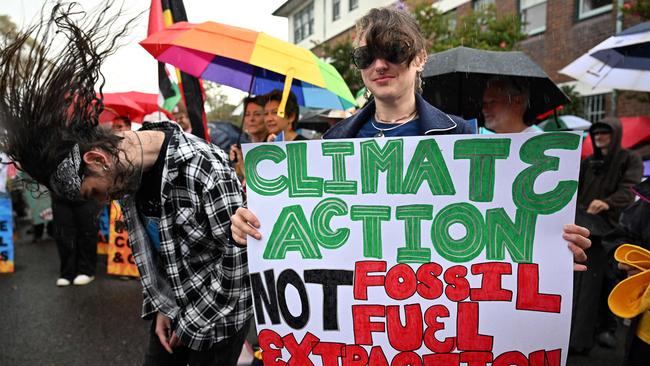
The Coalition is clear about its commitment to increasing the use of gas to keep electricity prices affordable. It is inevitable Australia will have to do this.
The Coalition also is serious about addressing the deteriorating international situation and has committed to increasing the defence budget to 2.5 per cent of GDP within five years. It is likely that circumstances will force this decision on whoever forms government, but the Coalition is the only one taking the challenge seriously.
In addition, Dutton as a minister and as Opposition Leader has shown he is willing to make difficult decisions when necessary. That is why the Coalition’s proposal to reduce migrant numbers for four years to ease the chronic demand for housing can be taken seriously.
In this campaign, Labor has been all politics and no policy – other than to spend more money.
Anthony Albanese and his team have avoided most of the important issues that should be discussed in a campaign. Instead they are merely managing a political contest and, as a result, have avoided discussing any of their policy proposals that may be controversial or adversely affect our future prosperity. Labor’s commitment to tax unrealised capital gains is an example of this.
What is not widely recognised is that the Labor caucus has become much more left-wing in the past decade or so. Most are now privately supportive of many of the radical activist policies proposed by the Greens. The real danger in a hung parliament is that it will, under the pretext of negotiations to pass legislation, allow Labor to adopt some of the Greens’ policies that Labor’s caucus and base personally support. These policies particularly affect business and are diametrically opposed to the economic growth and the productivity improvements Australia needs.

The ACTU already has been clear that it will be seeking a further tranche of changes to industrial relations laws. Cost-of-living pressures only will increase in a hung parliament. And will the Greens allow a minority Labor government to continue to support AUKUS?
The focus of the 2025 campaign naturally has been on who will form government and therefore the outcome in the House of Representatives. Little attention has been paid to the Senate. There are already nine parties represented in the Senate (plus four independents). With the decline in support for the major parties, it will not be a surprise if the number of parties and independents increases. In the event of a minority government this will add a further challenge. Not only will every piece of legislation need to be negotiated through the house but a further separate series of negotiations will have to take place to secure the votes needed in the Senate.
At each stage, a government will likely need to make concessions to achieve support. This will make difficult decisions impossible and any real reform unlikely.
As they vote, Australians are asking themselves: Who will help them get ahead in the next three years? The Coalition is the only team providing a credible answer to that question. It is for this reason I believe the result will be closer than some published polls are suggesting. Australia needs a Coalition government and it is my hope one is elected on Saturday.
Brian Loughnane is a business and political strategic consultant. He was Coalition campaign director in four federal elections.

